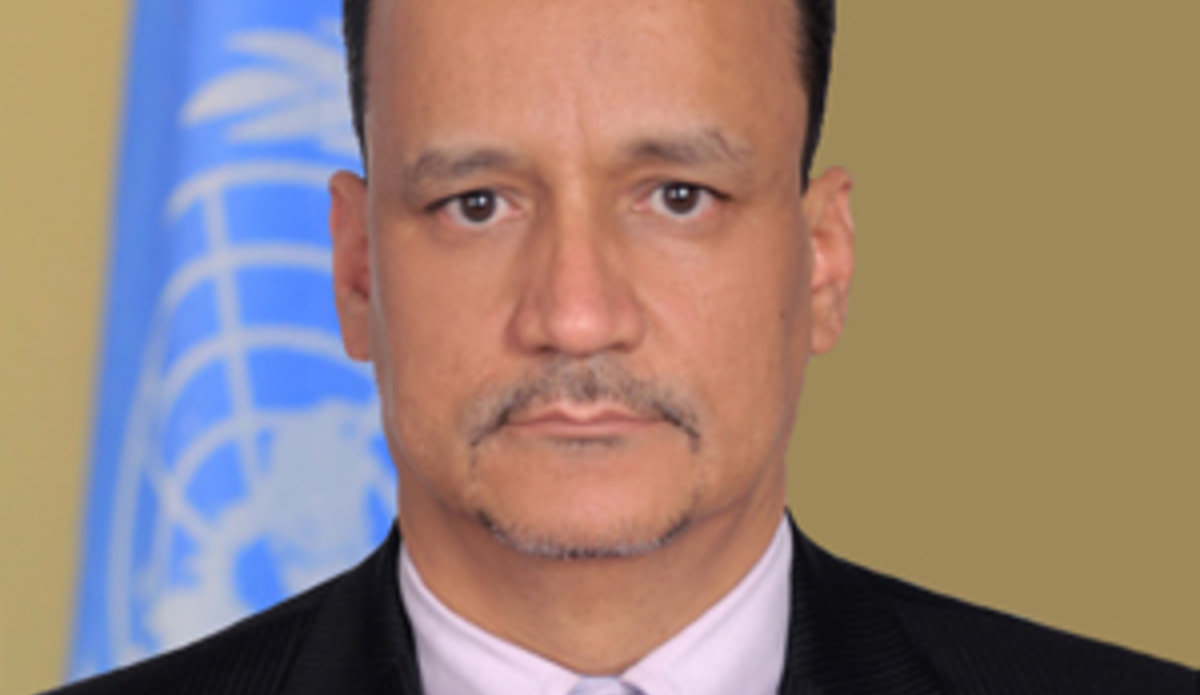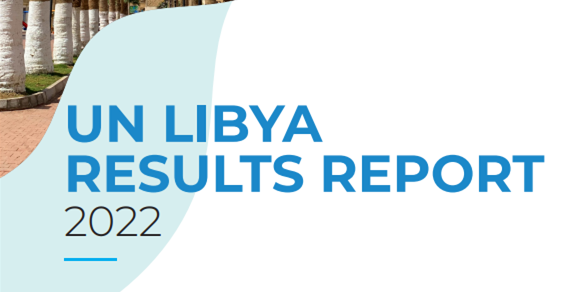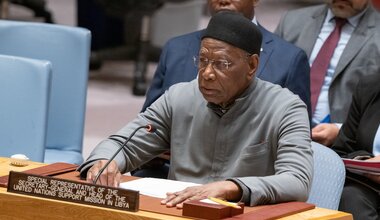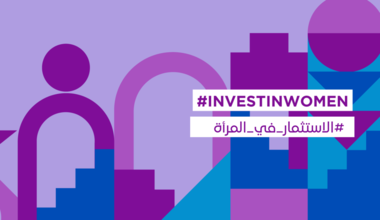Libya UN Resident Coordinator Concerned About Humanitarian Situation:Efforts Underway To Deliver Aid
24 September 2014 - The United Nations Resident Coordinator in Libya, Mr. Ismail Ould Cheikh Ahmed, has expressed his concern about the impact of the recent conflict in Libya on the civilian population.
Tens of thousands of families have been displaced as a result of the fighting in Tripoli and Benghazi, many of them now hosted by local communities. This has resulted in an additional burden on households and public services – including medical – in western and eastern Libya. Mr. Ould Cheikh Ahmed expressed particular concern regarding reports of acute shortages in food, fuel, electricity, and cash reserves available in banks. Hospitals in Tripoli have been overwhelmed with high demand for medical treatment and basic health care.
“We are working hard to provide urgent humanitarian assistance. With the support of UN agencies and other national and international humanitarian partners, local authorities have delivered relief assistance, including food items and non-food supplies, to vulnerable groups in the affected communities. Efforts are also underway by the United Nations to deliver additional humanitarian assistance over the next few days. This will be undertaken in close cooperation with national partners,” said Mr. Ould Cheikh Ahmed.
The security conditions and the lack of access to some affected areas, remain the major challenges for both national and international humanitarian organizations, and are hampering the delivery of vital aid to the affected population in some areas.
The UN Resident Coordinator appealed to all sides to end the on-going violence and to provide guarantees regarding the protection of civilians. He called on all parties to allow for the unimpeded delivery of humanitarian support including the establishment of safe corridors to affected areas for the passage of civilians, including women, children and vulnerable groups, and to ensure that the humanitarian assistance is provided in an equitable manner.
 United Nations Peacekeeping
United Nations Peacekeeping UN
UN








